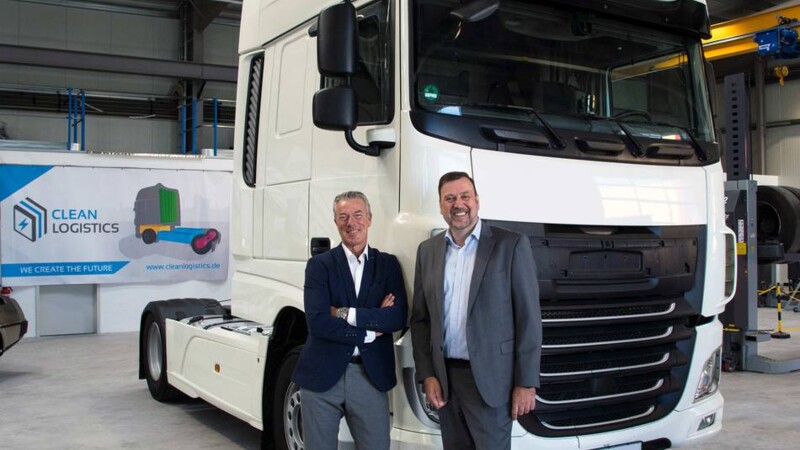Eight experts discussed the opportunities and value creation potential of hydrogen technology and the prerequisites for leveraging its potential for the Hamburg Metropolitan Region and northern Germany. Crucially, hydrogen can be stored, transported and when produced with renewable energies, does not release CO₂ which is particularly important for a city port like Hamburg given its commitment to sustainable development.
The recently-ended Future Conference for Industry, Logistics and Ports focused on hydrogen as the catalyst of the energy transition. Held online Thursday (October 29, 2020) due to the COVID-19 pandemic, Peter Tschentscher, Mayor of Hamburg, noted in his video address: "Hydrogen has great potential to push decarbonization ahead,” while Ingo Egloff, Executive Board Member of Hafen Hamburg Marketing e.V., wondered whether hydrogen is a "dream" energy carrier.
Experts and multiple perspectives
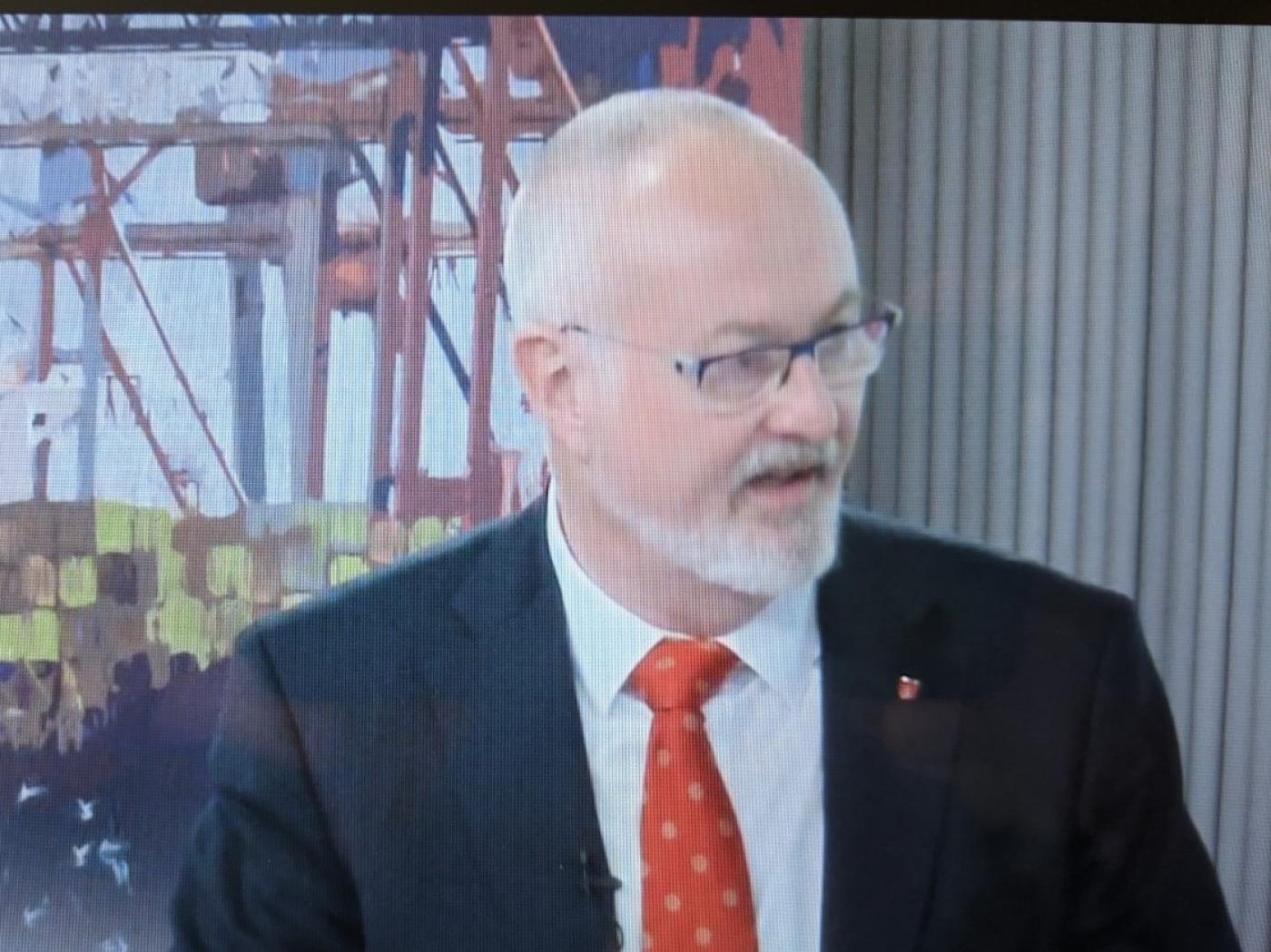
Competitiveness of hydrogen technology
Environment-friendly hydrogen is a must for truly sustainable development, the experts agreed and noted that although hydrogen may be hyped up, its potential is justified. Now that the technological prerequisites are in place, the question is whether hydrogen will be competitive in the foreseeable future. Peter Lindlahr, CEO of hySOLUTIONS GmbH, remarked: "A self-sustaining hydrogen market is possible and the industry will be the catalyst.” Philip Hainbach, Enapter GmbH, pointed out: "If the CO₂ prices increase next year, diesel prices will also rise making hydrogen naturally competitive." However, it is important to abolish the current EEG levy on environment-friendly hydrogen to ensure co-operation between all the stakeholders and across national borders. Dr. Stefan Rehm, Director of Development at Hypion GmbH, said: "We have to boost each other’s strengths, whether in business or politics, large or small companies." Lars Zimmermann, Commercial Manager of Hydrogen at Shell Deutschland Oil GmbH, a giant in the fossil fuels sector, agreed and commented: "We want to become the market leader in hydrogen and already operate 30 hydrogen filling stations for cars in Germany. Our next step will be to expand the infrastructure for lorries."

Scalability of hydrogen
Around 16,000 lorries a day call at the Port of Hamburg making a sustainable filling station infrastructure all the more necessary, said Michael Westhagemann, Senator for Economics. "We need fuel cell trucks and a corresponding network of filling stations to reduce emissions." Interest in environment-friendly hydrogen is generally high in the port, Westhagemann added. "We have asked the stakeholders about their needs - and we are by no means satisfied with the 100 megawatts that we want to generate at the site in Moorburg." A glaring need for hydrogen electrolysis with a capacity of 500 megawatts and one gigawatt in future is now noticeable. "The results of our survey indicated that environment-friendly hydrogen will be used. We are talking about a high scalability project."

Several projects behind rapid development
Many important hydrogen projects can be found in northern Germany, stressed Dirk Burmeister, Chairman of the Development Agency Region Heide AöR, and pointed to the ENTREE100 project. This innovation-orientated network brings together more than 120 stakeholders in science, industry, cities and associations to push for an integrated energy transition in which environment-friendly hydrogen is pivotal. Another example is the Reallabor Westküste 100 project under which hydrogen is produced from offshore wind energy and fed into gas grids to produce climate-friendly fuel for aircraft.
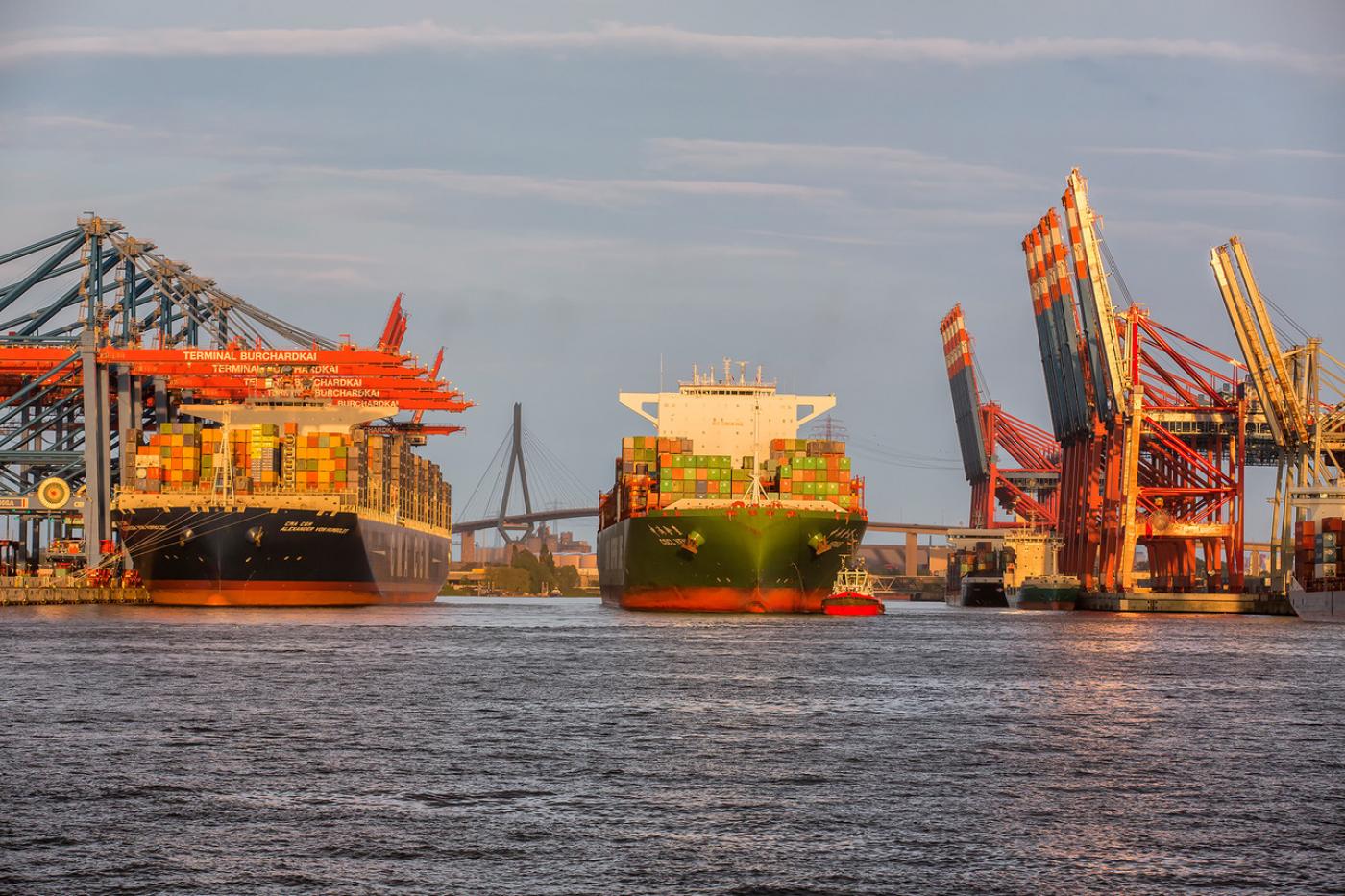
Karsten Schönewald, Managing Director and COO of Flotte Hamburg GmbH, highlighted the environment-friendly redesign of Hamburg's non-passenger ships - from fire-fighting and police ships to sounding ships, pilot transfer vessels, transport ships and icebreakers. "We rely on gas-to-liquids as an innovative fuel, plug-in hybrids and train our crews in low-emission driving - to name just a few approaches".
Rethinking prevails
Tim Brandt, Managing Director of Wind2Gas Energy GmbH, said the diverse approaches must be pursued swiftly to keep up with international competition. Expertise must be developed continuously, he urged. Detlev Wösten, Chief Innovation Officer of H&R ChemPharm GmbH, described the company's hydrogen electrolysis plant and the underlying Power-to-Chemicals (P2C) strategy. "We are striving to decarbonize our production process with P2C and environment-friendly hydrogen." While the company used to focus mainly on fossil raw materials, attention is now on sustainable alternatives. Such a rethink at basic industry level is a good indication especially as hydrogen technology holds huge potential for the port, the experts noted. Apart from container handling, other value-added possibilities such as a hydrogen import terminal should be considered, Wösten said. "This could become an important issue in the north," according to Dr. Bernd Buchholz, Minister of Economics, Transport, Labour, Technology and Tourism in Schleswig-Holstein. Greater collaboration between the Hamburg Metropolitan Region and the state would be beneficial as “hydrogen can become a really great technology,” he noted.
ys/kk/pb
Sources and further information
More
Similar articles

Hydrogen gives industry an opportunity to partner energy transition
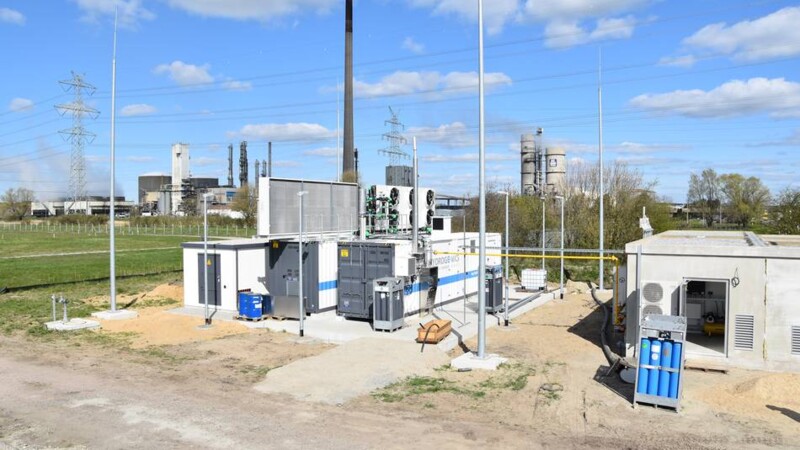
Wind energy becomes hydrogen in Hamburg Metropolitan Region
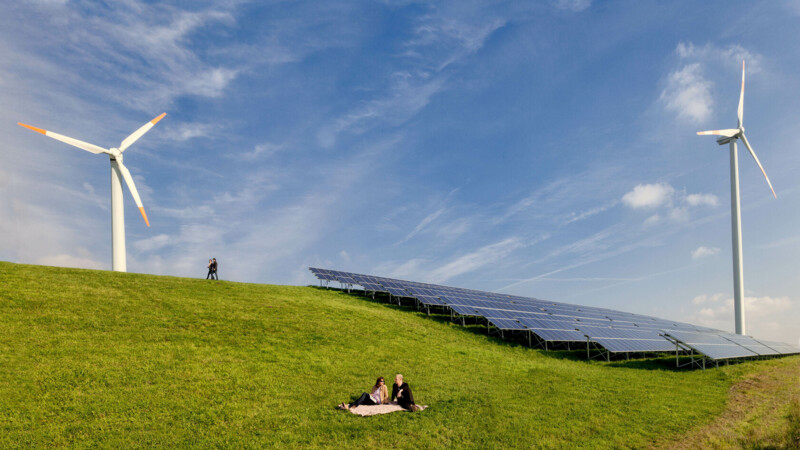
Hamburg's goal of becoming hydrogen centre taking shape
